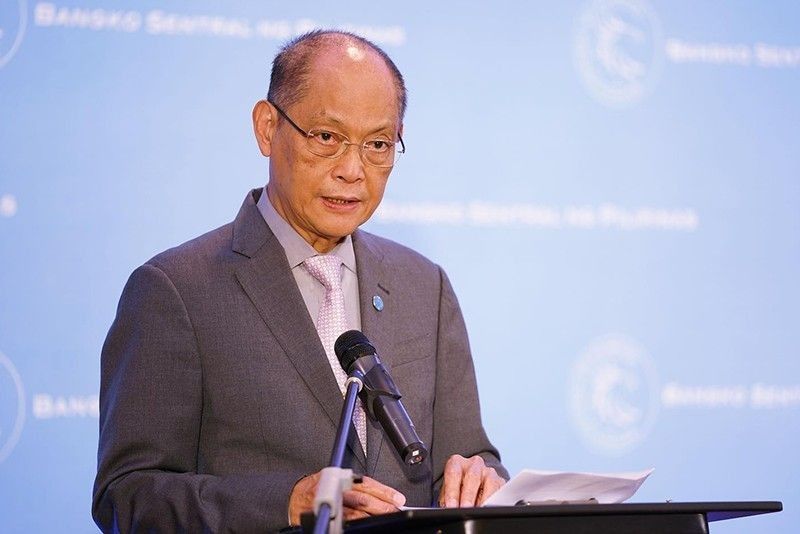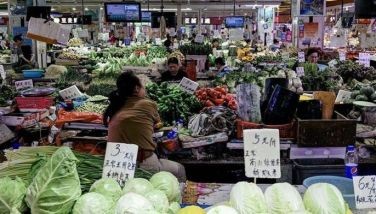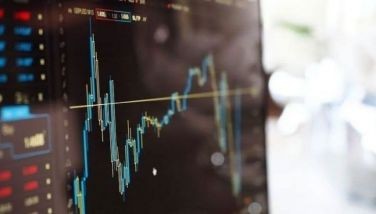Watchdog on its toes over pandemic-induced financial risk contagion

MANILA, Philippines — The financial industry watchdog is watchful of potential spread of financing risks from one sector to another that can make fixing the damage caused by coronavirus pandemic tougher and more complicated.
Known as “slow-burn contagion,” focus is now on financial deterioration occurring at firm level that can inevitably spell the failure of others because, in one way or another, companies and their operations have become increasingly interrelated.
“There is also that component where the damage may amplify because the state of any agent will impact the conditions of other agents with whom the former has natural economic linkages,” the interagency Financial Stability Coordination Council (FSCC) said on its latest Financial Stability Report for second semester.
“This is the point of looking at the system as intertwined chains of related and sequenced transactions. Each chain branches off to other transactions, effectively creating a network where the shocks can amplify or dampen depending on how the chains are structured,” FSCC added.
This slow-burn contagion, while yet to happen, has become a possibility because the pandemic rattled the entire economy. For instance, banks saddled with unpaid debts had started avoiding lending to critical sectors like wholesale and retail trade, construction, manufacturing and even to peers in the financial sector.
The lack of access to bank credit, in turn, is raising the specter of bankruptcy on some firms. According to FSCC samples, 45 companies were considered “distressed” and has high risk of going bankrupt as of June, up from 35 in March 2019. Another 10 firms have shown signs of future financial woes.
In those companies surveyed, 91.6% of their debts were considered at risk of turning sour as of the second quarter, up from just 76.6% in March last year. This is happening against the backdrop of dismal corporate earnings that mired the second quarter reporting period.
“Today, debt servicing— and arguably for some, it may be corporate viability— may be the primary issue as a result of the income shock,” the report released on Wednesday said.
With banks unwilling to lend and balance sheets falling into the red, FSCC noted that firms swamped the bond market to raise funding. The bulk of funds from bond issuances are due over the next 12 months to 3 years as investors were unwilling to lend for longer periods despite low rates.
As a result, funds raised through these means, mostly offshore, are worsening the companies’ debt pile, a “significant” portion of which will fall due in 2023 and 2024. The problem is compounded by a slow return of foreign investors to the financial markets, which in turn, deprives companies with a vital source of credit.
“This will put FCY (foreign currency) obligations at roughly 20% to 25% of the country’s gross international reserves, which would seem to be a non-trivial amount if there is a bunching in the demand,” FSCC said.
For Roberto Tan, FSCC member and president of the Philippine Deposit Insurance Corp., a “liquidity crunch” may make even a company in strong footing unviable. “This is a strong reminder that liquidity risks take on a more immediate role,” he said.
“Firms may be viable fundamentally but find themselves facing an unexpected liquidity crunch against their maturing obligations,” Tan said in an online briefing.
For the part of the central bank, which has tried to ensure liquidity remained available by slashing interest rates and bank reserves, Governor Benjamin Diokno, FSCC chair, assured financial market players that they would not be instantly cut off from stimulus should there be a need for an exit.
“I think we all understand that we cannot maintain this level of expansionary fiscal and monetary policy for an indefinite period. Local conditions matter most for timing of the exit,” he said.
“I cannot tell you in advance the day and month of an exit, but our assessment of systemic risk figures prominently in the process,” Diokno added.
- Latest
- Trending






























